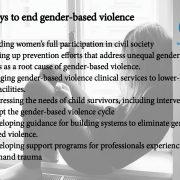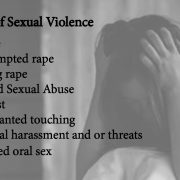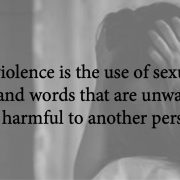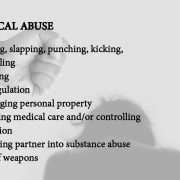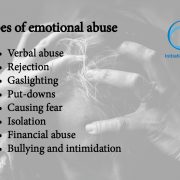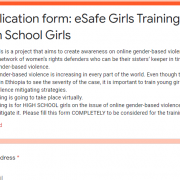Sexual violence is any sexual act or attempt to obtain a sexual act by violence or coercion, acts to traffic a person or acts directed against a person’s sexuality, regardless of the relationship to the victim. It occurs in times of peace and armed conflict situations, is widespread and is considered to be one of the most traumatic, pervasive, and most common human rights violations.
Sexual violence is a serious public health problem and has a profound short or long-term impact on physical and mental health, such as an increased risk of sexual and reproductive health problems, an increased risk of suicide or HIV infection. Murder occurring either during a sexual assault or as a result of an honor killing in response to a sexual assault is also a factor of sexual violence. Though women and girls suffer disproportionately from these aspects, sexual violence can occur to anybody at any age; it is an act of violence that can be perpetrated by parents, caregivers, acquaintances and strangers, as well as intimate partners. It is rarely a crime of passion, and is rather an aggressive act that frequently aims to express power and dominance over the victim.
For more https://en.wikipedia.org/wiki/Sexual_violence
Source Wikipedia

